Climate
-
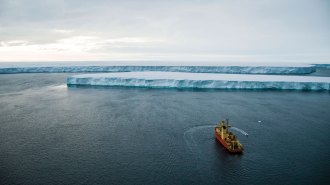 Climate
ClimateCan geoengineering plans save glaciers and slow sea level rise?
As climate change melts West Antarctica’s glaciers, scientists are proposing bold ideas to avoid devastating sea level rise. Will they work?
By Douglas Fox -
 Animals
AnimalsHotter cities? Here come the rats
Well, rats. A study of 16 cities shows that higher ambient temperatures and loss of green space are associated with increasing rodent complaints.
-
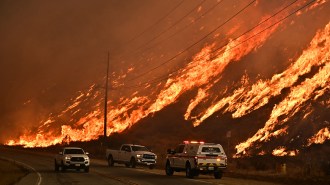 Climate
ClimateYes, you can blame climate change for the LA wildfires
Weather data show how humankind’s burning of fossil fuels made the hot, dry, windy weather more likely, setting the stage for the Los Angeles wildfires.
By Nikk Ogasa -
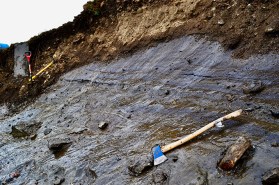 Climate
ClimateUnearthed ice may be the Arctic’s oldest buried glacier remnant
Thanks to climate change, thawing permafrost in the Canadian Arctic has revealed the buried remnant of a glacier that’s 770,000 years old.
By Nikk Ogasa -
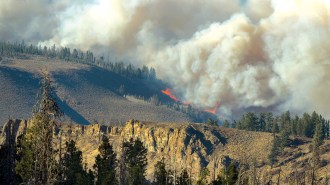 Environment
EnvironmentA podcast challenges us to reassess our relationship with wildfires
United by Fire lays out key insights from the two largest blazes in Colorado history, the Cameron Peak and East Troublesome fires of 2020.
By Nikk Ogasa -
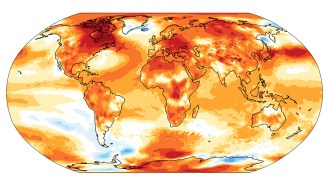 Climate
Climate2024 was Earth’s hottest year on record, passing a dangerous warming threshold
Global temperatures were the hottest on record in 2024; it was the first year where the average temperature topped 1.5 degrees Celsius above preindustrial times.
-
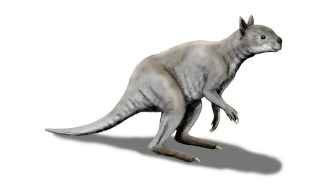 Paleontology
PaleontologyHumans, not climate change, may have wiped out Australia’s giant kangaroos
About 40,000 years ago, giant kangaroos vanished Down Under. Dental analyses suggest a varied diet, meaning climate change was not the main cause.
-
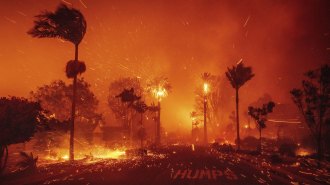 Climate
ClimateCalifornia wildfire season should be over. So why is L.A. burning?
In some parts of California, fire season is now year-round due to rising heat and little rain. High winds and dry conditions are fueling L.A.’s infernos.
By Nikk Ogasa -
 Climate
ClimateClimate change made 2024 the hottest year on record. The heat was deadly
Heat waves fueled by climate change killed scores of people and upended daily life. Here are some of those stories.
By Carolyn Gramling and Nikk Ogasa -
 Animals
AnimalsClimate stress may undermine male spiders’ romantic gift giving
Even spider love lives show an effect of climate uncertainty: Stressed males may offer a bit of silk-wrapped junk rather than a tasty insect treat.
By Susan Milius -
 Ecosystems
EcosystemsNew videos reveal the hidden lives of Andean bears
The footage give clues to the range of plants the bears eat and how they mate, information important for conservation.
-
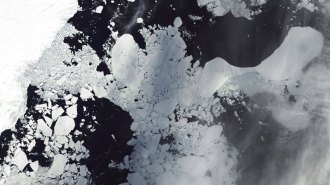 Climate
ClimateAn unexpected ice collapse hints at worrying changes on the Antarctic coast
The Conger Ice Shelf disintegrated in 2022. Satellite data leading up to the collapse hint at worrying changes in a supposedly stable ice sheet.
By Douglas Fox